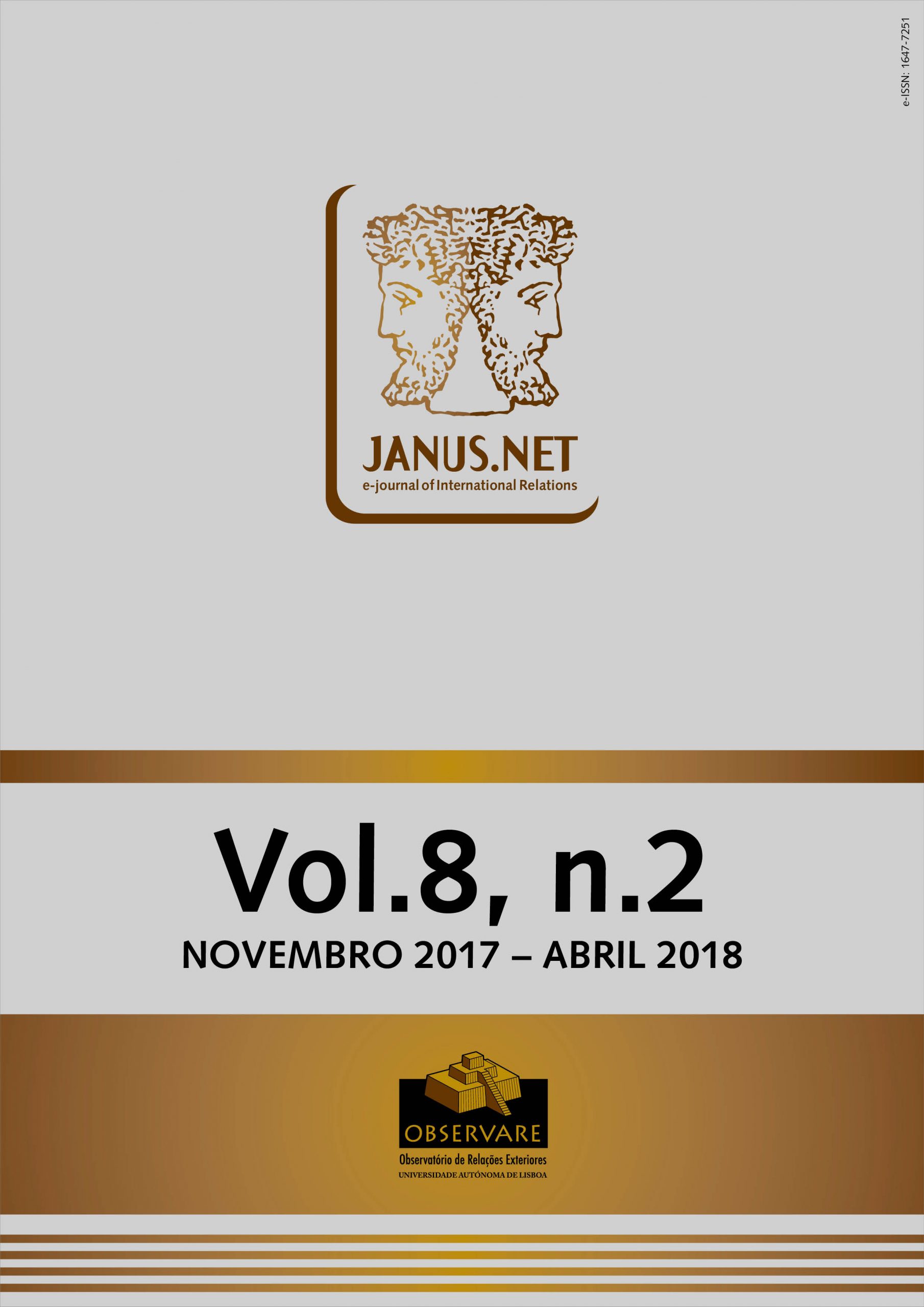O presente artigo pretende rever a temática da ‘Responsabilidade de Proteger’ em termos do que tem sido a sua evolução desde o ano de 2000 e do que se pode esperar em relação ao seu futuro, tendo em consideração, simultaneamente, a necessidade de proteger populações vítimas de determinado tipo de agressões e a necessidade de preservar a ordem internacional. O artigo analisa também as principais críticas de que esta doutrina tem sido alvo, bem como alguns dos seus impactos na comunidade internacional e, significativamente, algumas das dificuldades que têm surgido no seu desenvolvimento, num processo que tem sido controverso e atribulado. São analisados alguns dos principais riscos e incertezas que pesam sobre o seu futuro, particularmente considerando que um conjunto de países emergentes discordantes da ordem liberal ocidental pretende ter uma participação mais ativa nos assuntos internacionais. O argumento fundamental é que, o futuro desta doutrina deverá continuar a ser conturbado e repleto de incertezas, e que para que ocorra uma evolução favorável será necessário que, por um lado, exista uma cooperação multilateral genuína por parte dos membros do Conselho de Segurança da Organização das Nações Unidas, por forma a acautelar as alterações que se estão a operar na ordem internacional e, por outro, os Estados considerem este tipo de crimes como uma questão essencial de segurança internacional e como uma parte integrante dos seus interesses.
PASSADO, PRESENTE E FUTURO DA “RESPONSABILIDADE DE PROTEGER”: UM PERCURSO ATRIBULADO
Professor Auxiliar de Relações Internacionais na Universidade Lusíada de Lisboa (Portugal). Membro e Visiting College Research Associate, Wolfson College, University of Cambridge. Em 2015-16, esteve como Professor Visitante na Universidade de Cambridge, no Department of Politics and International Studies. Doutorado em Relações Internacionais pela Universidade Nova de Lisboa. Mestre em Economia (University of Kent, Canterbury, Reino Unido) e em Gestão de Empresas (ISCTE–IUL). Licenciado em Economia (Faculdade de Economia da Universidade Nova de Lisboa). Auditor do Curso de Defesa Nacional do Instituto de Defesa Nacional. Foi Diretor (Vice President) no banco J.P. Morgan, inicialmente como economista em Paris, na Divisão de Global Markets e, posteriormente, no Departamento de Corporate Finance em Madrid. Foi Consultor Associado na McKinsey & Co em Lisboa e Administrador de várias empresas, onde se incluem a OGMA – Indústria Aeronáutica de Portugal, SA e a IDD, SA, na área da defesa, e o Diário de Notícias, SA, na área dos media. É autor do livro “Paz e Guerra em Raymond Aron: Ontologia e Epistemologia da Ordem Internacional”, publicado pelas Edições Instituto da Defesa Nacional em 2016.
Resumo
Palavras-chave
Como citar este artigo
Fernandes, Vítor Manuel Ramon (2017). “Passado, presente e futuro da ‘responsabilidade de proteger?: um percurso atribulado”. JANUS.NET e-journal of International Relations, Vol. 8, N.º 2, Novembro 2017-Abril 2018. Consultado [online] em data da última consulta, DOI: https://doi.org/10.26619/1647-7251.8.2.1
Artigo recebido em 29 Maio, 2017 e aceite para publicação em 3 Setembro, 2017















